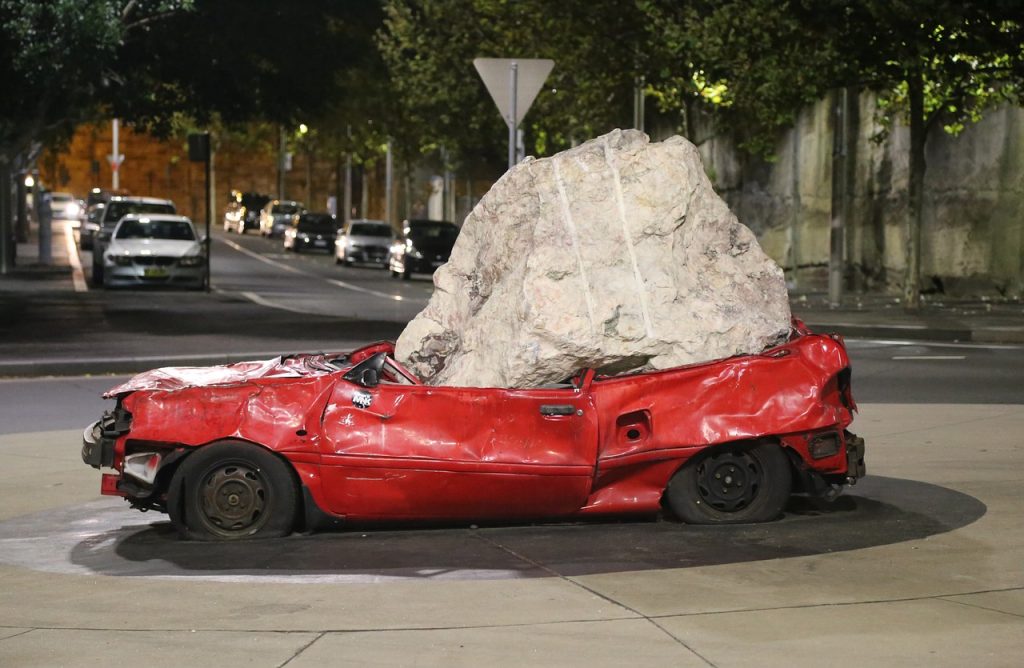
Should Streaming Mechanical Licenses Be Eliminated? The Case for PRO-Led Music Royalties
Streaming mechanical licenses are causing significant challenges in music royalty payments, particularly affecting songwriters. Here's a detailed analysis of potential solutions to fix this complex system.
The Current Problem:
- Spotify's bundling practices are negatively impacting mechanical royalties
- Major publishers (controlling 70% of revenue-earning songs) remain protected
- Songwriters are the primary victims of the current licensing scheme
- Song rights revenue is capped at 20% of streaming revenue
Two Proposed Solutions:
- Eliminate Streaming Mechanical Royalties
- Reclassify streaming rights as solely "public performance" rights
- Transfer all licensing responsibilities to PROs (ASCAP, BMI, SESAC)
- Enable direct payment flow to songwriters
- Eliminate complicated mechanical licensing processes
- Implement Unified Arbitration
- Create single hearing for all stakeholders (labels, publishers, songwriters)
- Follow app store revenue model
- Platform takes operating costs
- Content owners split remaining revenue
- Use arbitration panel for fair allocation

Boulder crushing damaged red car
Key Benefits:
- Streamlined royalty collection and distribution
- Direct payments to songwriters
- More transparent negotiation process
- Reduced administrative complexity
Challenges:
- Publishers may resist changes
- Lack of unified songwriter representation
- Complex legislative requirements
- Industry stakeholder opposition
The Role of PROs:
- ASCAP and BMI could serve as primary negotiators
- PROs have established payment systems
- Experience in rights management
- Charter to protect songwriter interests
Implementation would require significant legislative changes and industry cooperation, but could create a more equitable streaming royalty system for all parties, especially songwriters.

NMPA music bundling image

Man wearing green shirt at screen
Related Articles

Mary J. Blige's 'Real Love' Sparks Copyright Lawsuit Against Universal Music Publishing
